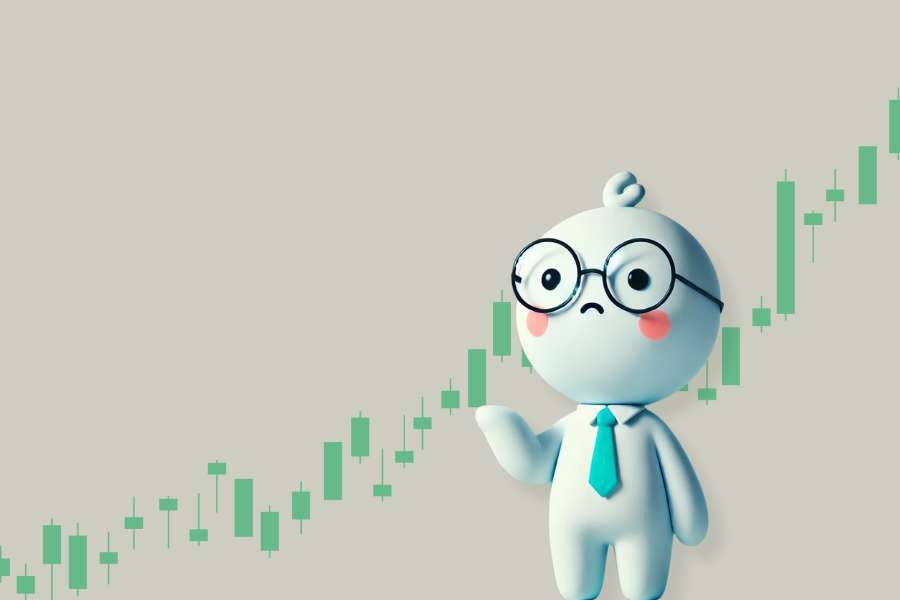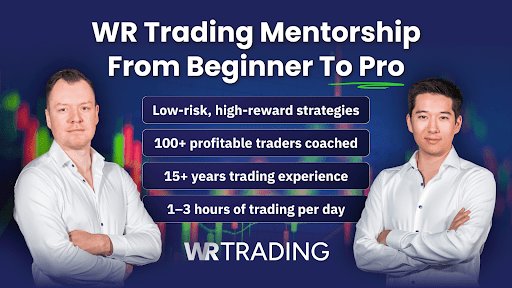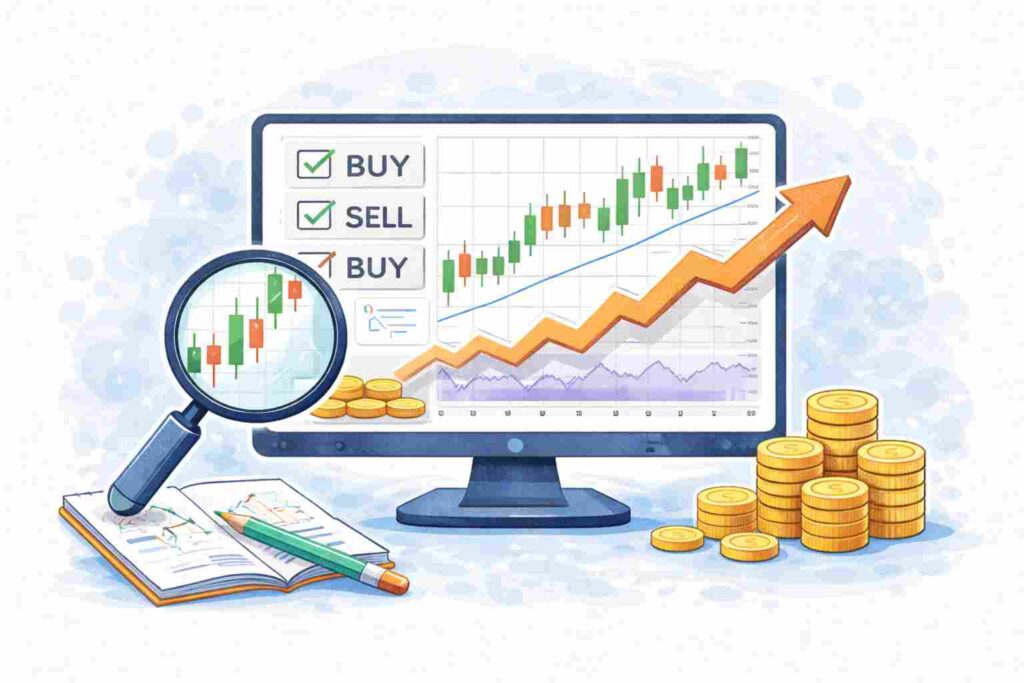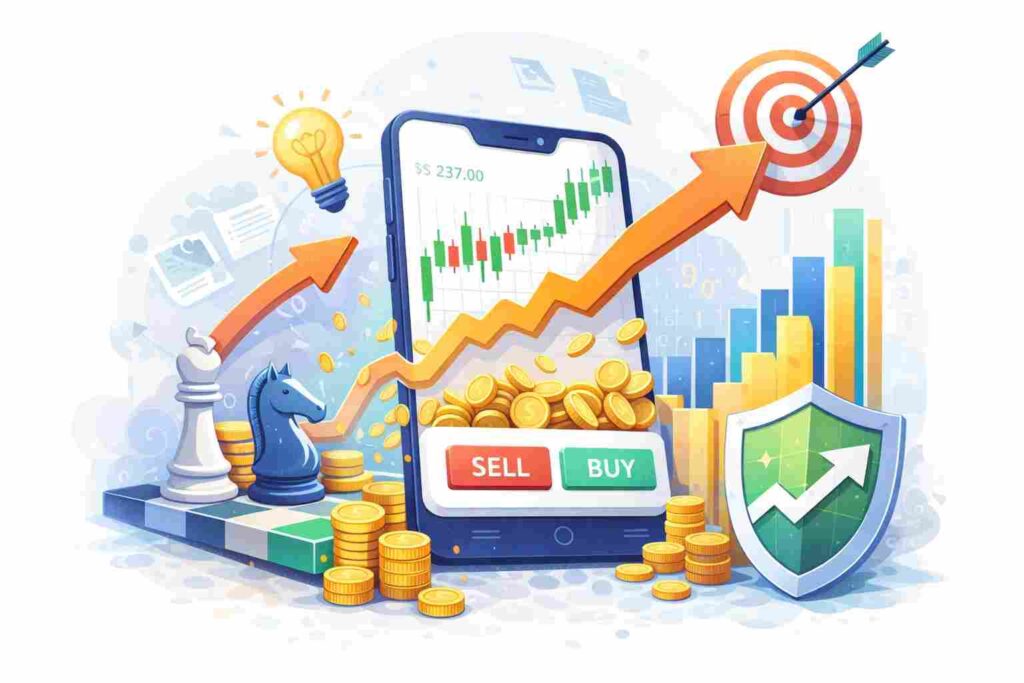Investing in stock market trades can be straightforward and hugely rewarding. Of course, there are risks too, especially for those with little or no experience. Sometimes, the trickiest part is balancing what and when to buy. It’s tough but not impossible when you act decisively and approach buying with a business mind.
So, what steps can help you?
Study the Market in Detail
Let’s say you want to trade stocks and have $10,000 in reserve. Your first logical step would be to research the market at length. This means getting to know the terminologies, how each market works, and their volatility. You also need to monitor the markets (even when you’re not buying) so that you get a better understanding of their movements.
It gives you a good indication of which markets are stable, how the stocks perform in certain conditions, and when the best moment is to buy.
Determine What You Want to Buy
Once you’ve identified the market you’re interested in, you then need to decide if you want to enter into a short or long-term investment. Both have their advantages, as well as risks, and differ considerably. For instance, short-term moves at a faster pace whereas long-term moves slower.
Determining the type of trade will make it much easier to buy, whether that’s cryptocurrencies and ETFs, gold and silver, or value stocks.
Use Technology to Identify Trading Opportunities
It’s important to utilize tools that help you become a better trader. It doesn’t cost a fortune and can be a smart way to enter and exit trades. You can monitor markets and get real-time alerts for trading opportunities too.
Autochartist is one such tool and can be used with the Meta Trader 4 platform. It means you can identify potential trades more effectively without watching over them 24/7.
Pick Your Buy Times Wisely
One of the most difficult parts of trading is knowing when to buy. There are, however, a few select moments that could be useful for you. For instance, midday is often quiet as the markets tend to be more stable. On the other hand, the first and final hours of day trading tend to see a constant flurry of action.
Knowing when to buy really comes down to the market. For instance, if you were interested in Forex, you might want to start buying after midday since the market is typically less volatile. It also gives you ample time to see how the currencies are progressing and what could be best for you.
Keep An Eye on The Economy
Every movement, action, or reaction within a country’s economy impacts the markets. It doesn’t matter whether you’re interested in CFD stocks, foreign currencies, or commodities, the market can change in seconds.
For instance, a popular political figure creates an upturn when they’re elected to office. On the other hand, a leader who introduces controversial policies negatively impacts the country’s economy and, potentially, the global markets.
So, you must keep a close eye on the economy, especially when a sudden announcement is to be expected, and act accordingly.
Consider the Risk-to-Reward Ratio
Every trader should do this, regardless of their experience. It’s easy and you would just need to divide the amount you’d lose by the expected profit. You want to see a ratio of 1:3 or better.
Having a higher risk-to-reward ratio typically means it’s more likely you’ll lose rather than gain. Sometimes, lower ratios are better, even with CFD commodities and foreign currencies.
You Must Be Confident You’re Buying at the Right Time
You might think confidence means very little when deciding what and when to buy, but in trading, confidence can have a major impact on the outcome. Let’s say you’re a new trader. You’ve decided to trade indices and study the market in detail.
Your head says it’s time to make your move, but your gut is saying something different. It’s likely you’ll second-guess every decision you make. It could mean you lose even when you win. As odd as that sounds, it can happen.
You must be confident when you buy so that your head rules and your emotions take a backseat.
Be a Smart Trader to Achieve Success
Trading often requires precision, good timing, and in-depth knowledge of the market. You must study the markets, determine if short or long-term trades work best, understand the risk-to-reward ratio, and use the right tools to help you trade effectively. Whether you’re investing in raw materials or the foreign exchange market, you must act in your best interests.




